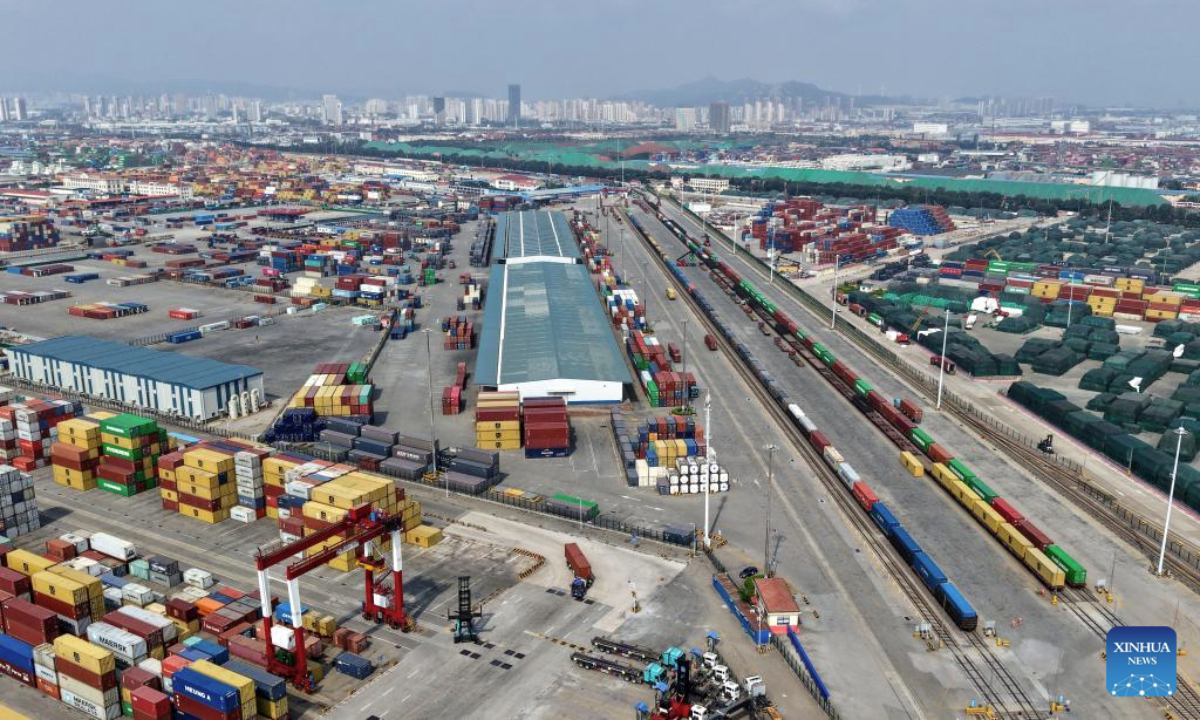China Advances Market Regulation and Quality Growth in 14th Plan

China's market regulation has made notable strides, notably during the implementation of the 14th Five-Year Plan (2021–2025). The State Council Information Office recently highlighted these advancements through a press briefing by the top market regulator.
Luo Wen, director of the State Administration for Market Regulation, underscored the continuous improvement of China's business environment. Key reforms have focused on creating a unified national market and the establishment of a national negative list for market access. These initiatives have not only lowered operational costs for businesses but have also bolstered protections for intellectual property and trade secrets, fostering a climate of innovation.
Since the inception of the 14th Five-Year Plan, the country has recorded impressive growth, with a net increase of 19.99 million enterprises and 33.95 million individual businesses. This development reflects the effectiveness of regulatory improvements and the appeal of a more structured market environment.
The enhancement of market operations has also been evident in the standardization of practices. By implementing credit supervision mechanisms—including lists of enterprises with abnormal operations—the credit level of Chinese enterprises has seen a significant rise from 128.6 in 2020 to 161.61 in the first half of 2025. This progress indicates higher levels of compliance and trust among companies across various industries.
Additionally, China's commitment to quality development has yielded substantial results. Over the last five years, 4,271 key research projects have been initiated to tackle approximately 18,000 quality-related challenges. The country has also expanded its quality infrastructure, now featuring 2,372 one-stop service stations across the nation.
During this period, China's manufacturing quality competitiveness index reached 85.86 out of 100, while consumer and public service satisfaction scores hit 81.33 and 81.62 points, respectively. These figures suggest that improvements in quality are positively impacting customer experiences and service delivery.
Looking towards the future, authorities reaffirm their dedication to enhancing the standardization reform process. Deng Zhiyong, deputy director of the State Administration for Market Regulation, mentioned plans to refine the national standards system. A more unified and efficient standards framework is anticipated to further support the establishment of a cohesive national market, which in turn will foster high-quality economic and social development.
Read These Next

Jifeng Tech's Strategic Shift in UAV Sector Opportunities
Jifeng Technology's strategic shift toward the UAV market under new majority shareholder Shenzhen United Aircraft Technology Co., Ltd reflects its ambition to innovate within the low altitude economy. This transition introduces significant risks and opportunities, reminiscent of past market evolutions.

US-China Space Investment Race Intensifies
The article discusses the intensifying space race between the USA and China, highlighting recent advancements by both countries and the implications for the global landscape.

China's Foreign Trade Praised by Two Ministries for Quality Opening
China's foreign trade shows stable growth despite global uncertainties, driven by government support and key sector exports.
